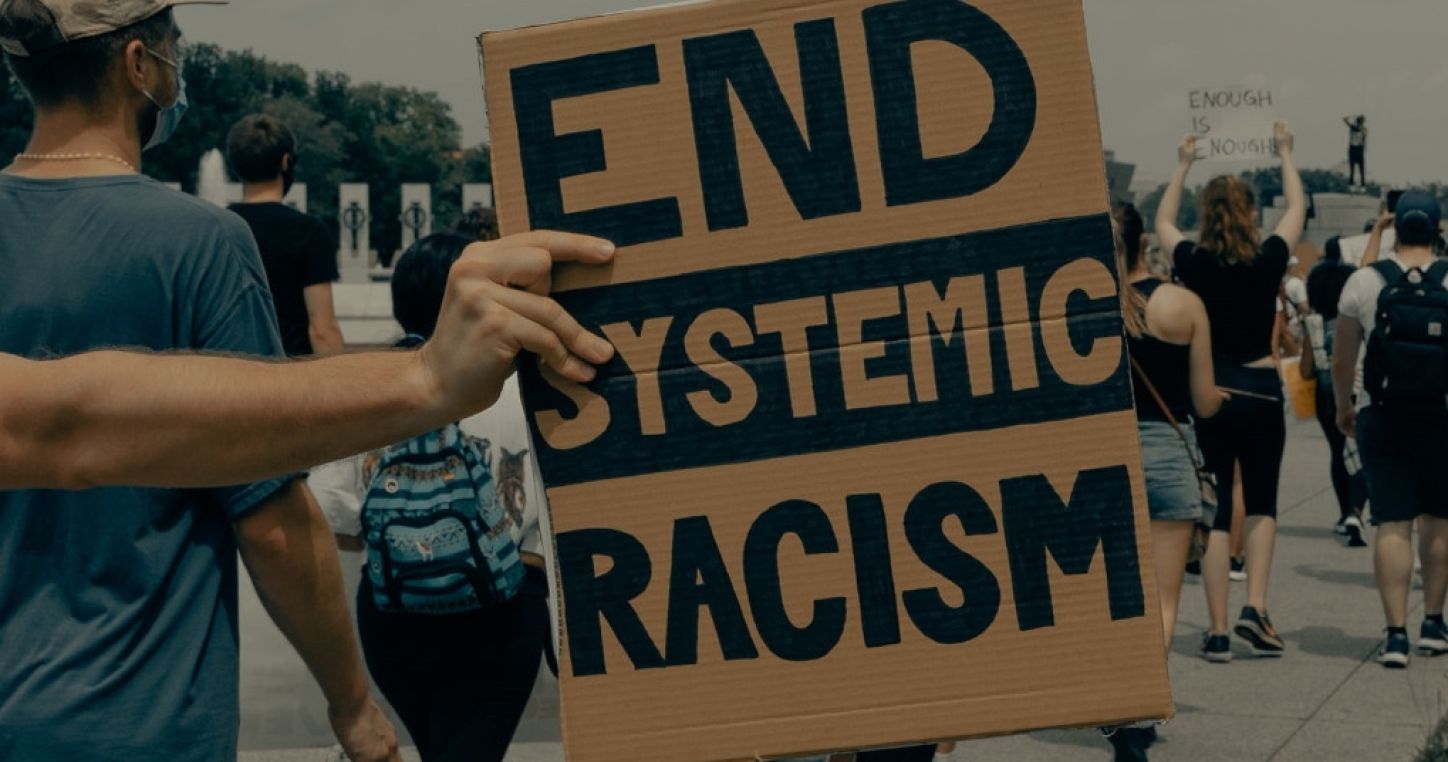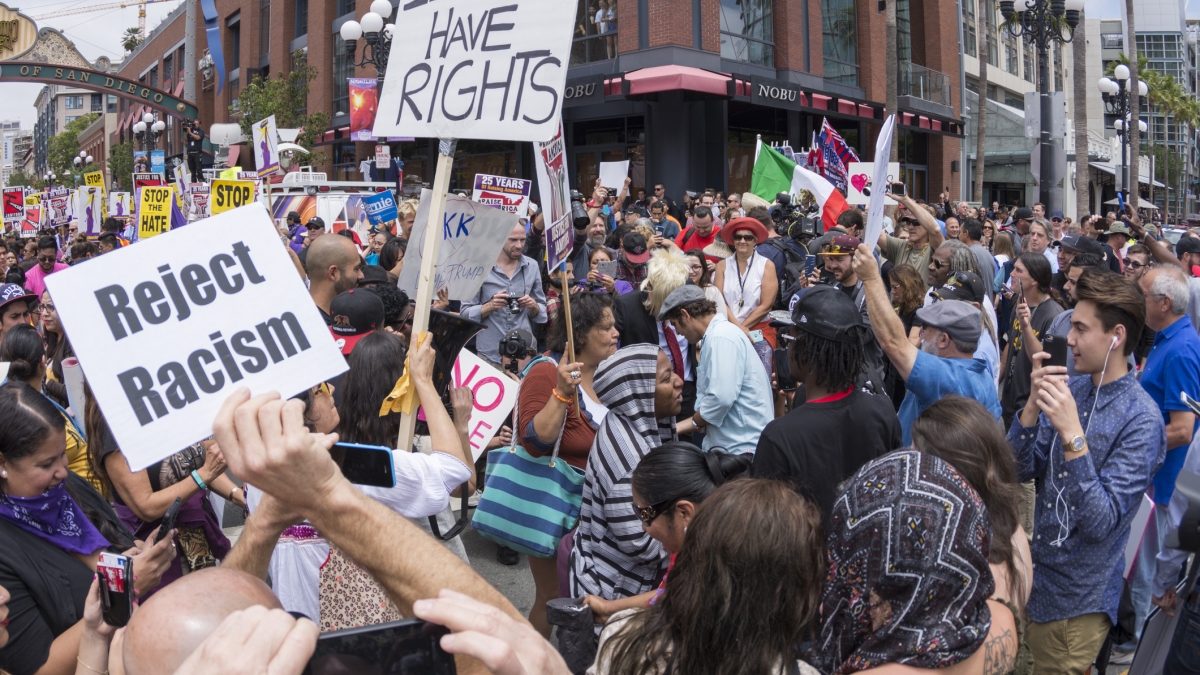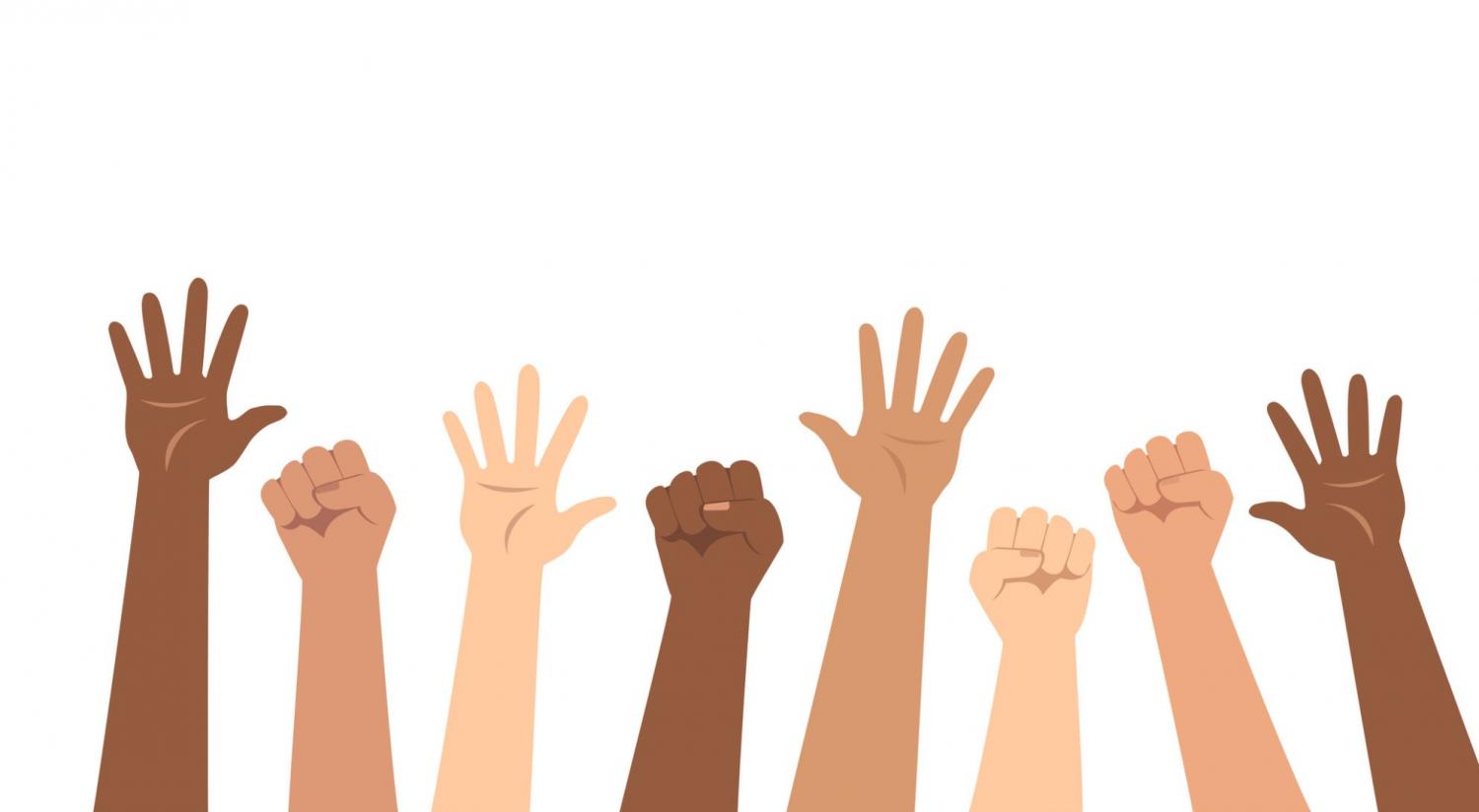General Mills, a giant in the food manufacturing sector known for brands like Cheerios, Nature Valley, and Häagen-Dazs, finds itself at the center of a grave lawsuit. This litigation accuses the company of perpetuating a racially hostile environment at its Covington, Georgia facility, allegedly managed by a group of white supremacists dubbed the “Good Ole Boys.”
According to the lawsuit filed on June 2 in the U.S. District Court for the Northern District of Georgia, General Mills is alleged to have violated the Civil Rights Act of 1866 among other laws. The complaint details decades of systemic racial discrimination where Black employees faced barriers to equal workplace opportunities for over 30 years.

A Deep-Seated Culture of Discrimination?
The “Good Ole Boys” are described in the lawsuit as a fraternity of white male employees at General Mills who flaunted company policies and advanced their careers through illicit means. The complaint suggests that these individuals routinely bypassed the usual requirements for job performance and promotions, which starkly contrasted with the treatment of Black employees.
Black staff members reportedly received unjust performance evaluations aimed at justifying adverse employment decisions, while their white counterparts enjoyed undue promotions and bonuses. The lawsuit vividly describes an environment where racial slurs were commonplace, and where racist imagery, including a massive Confederate mural, was openly displayed.
Symbolism and Intimidation: The Confederate Mural
One of the most striking allegations involves a large Confederate mural, measuring 12 feet in height and spanning over 20 feet. This mural was reportedly positioned along a route frequently walked by Black employees, and it remained displayed from 2005 to 2021, serving as a constant reminder of subjugation and racial prejudice.

Moreover, in a bizarre twist, Black employees were allegedly compelled to wear T-shirts with symbols and phrases that echoed white supremacist ideologies during certain company events. This included shirts designed by a member of the “Good Ole Boys,” featuring motifs that subtly conveyed racial superiority.
Company Response and Broader Implications
As of now, General Mills has not publicly responded to the lawsuit’s claims. However, this case adds to the broader narrative of workplace discrimination that still festers within numerous American companies. Despite corporate America’s pledge to embrace diversity following the Black Lives Matter protests of 2020, incidents like these suggest that significant challenges remain.

In a 2023 poll by the job recruiting website Monster, an overwhelming majority of employees reported experiencing or witnessing discrimination at work, highlighting the pervasive nature of this issue.
General Mills Lawsuit Highlights Workplace Discrimination
The lawsuit against General Mills underscores the ongoing struggle against workplace discrimination. It serves as a stark reminder of the work that remains to be done to ensure equality and fairness in the workplace. As this case progresses, it will undoubtedly be closely watched, both as a barometer of corporate accountability and as a catalyst for broader social justice movements within the corporate sphere.










